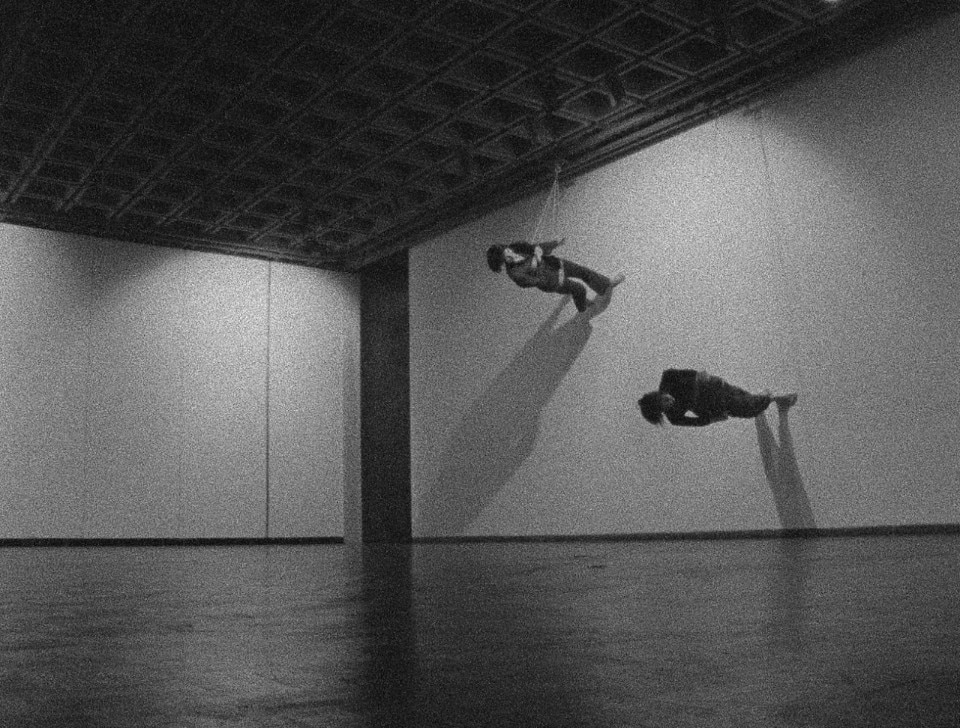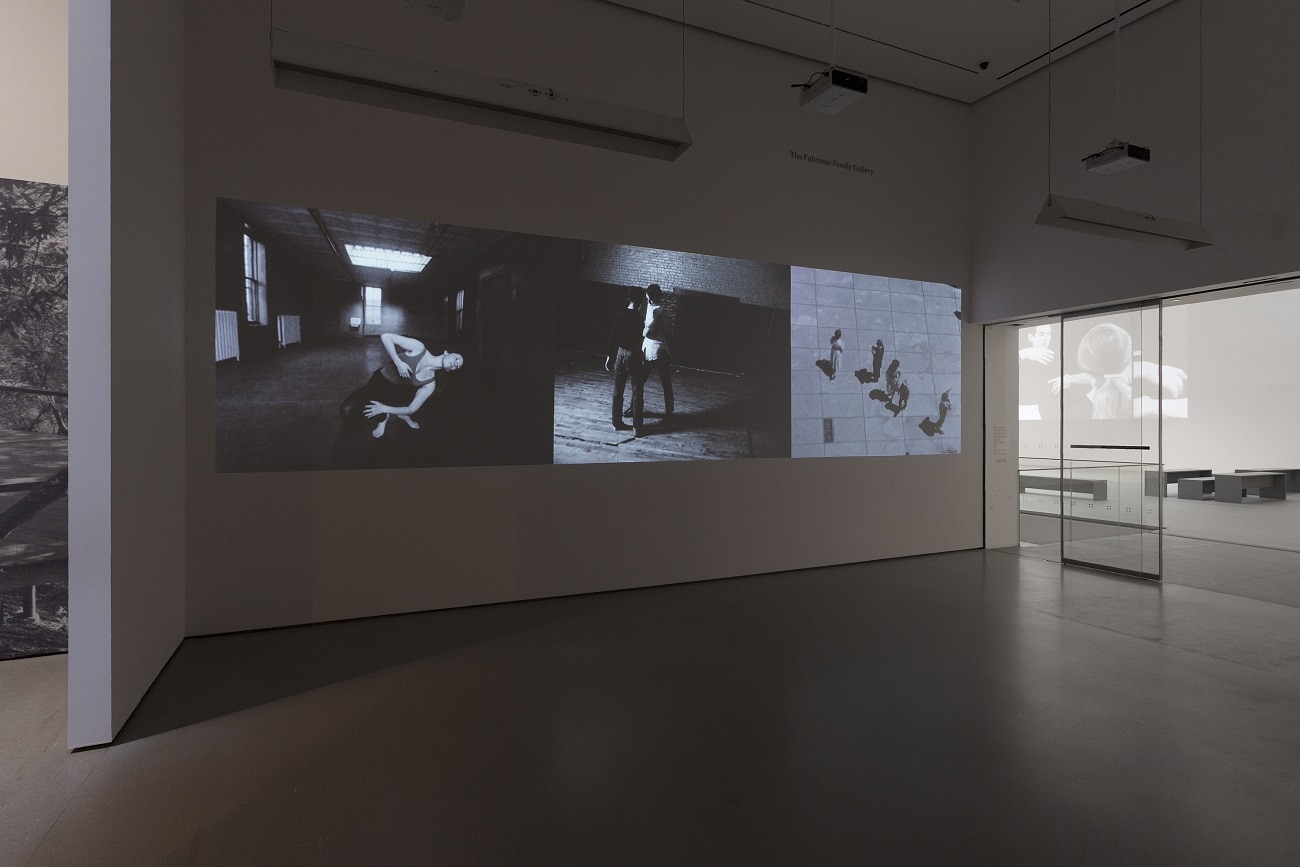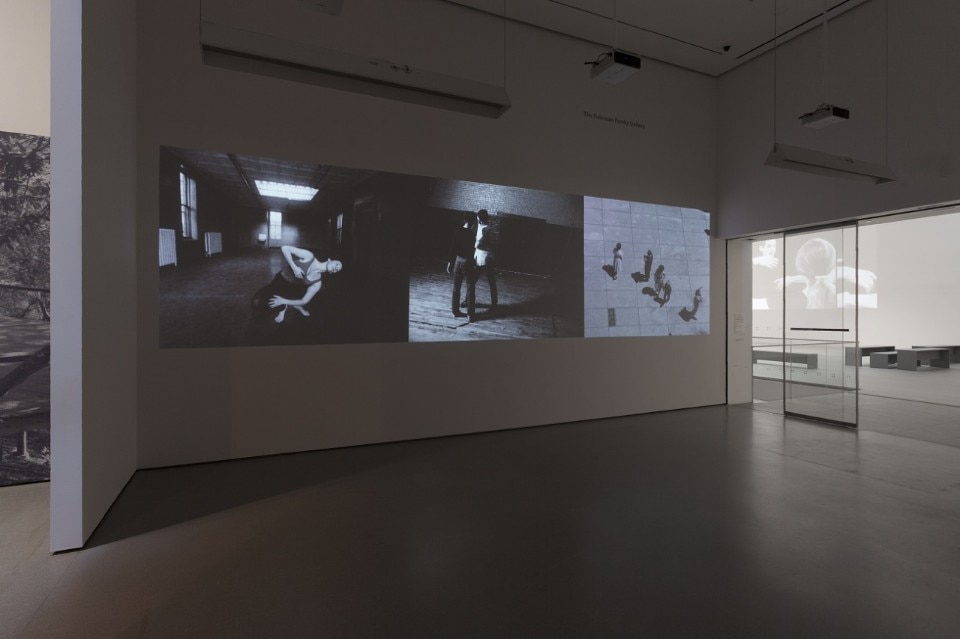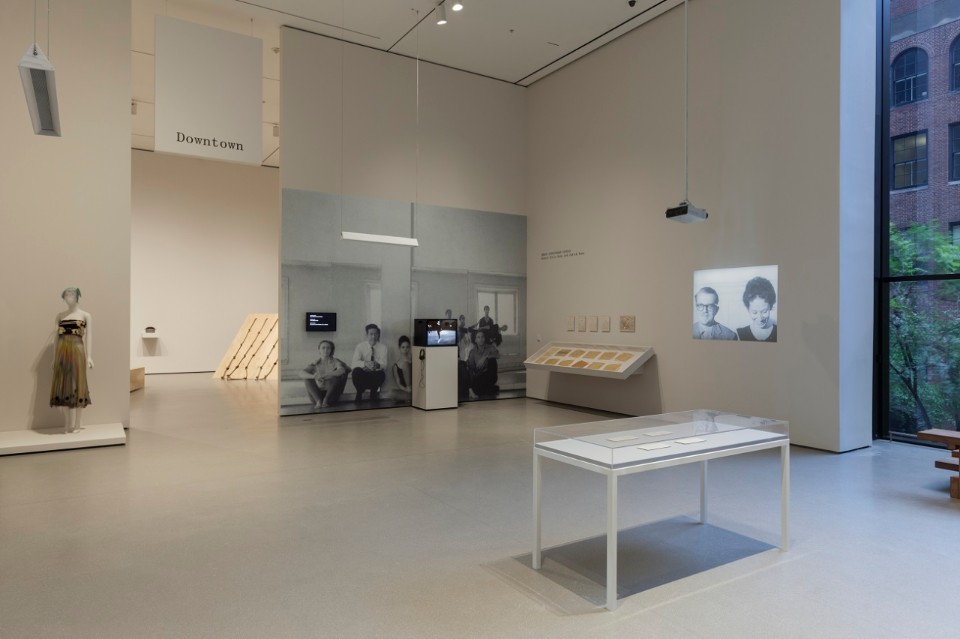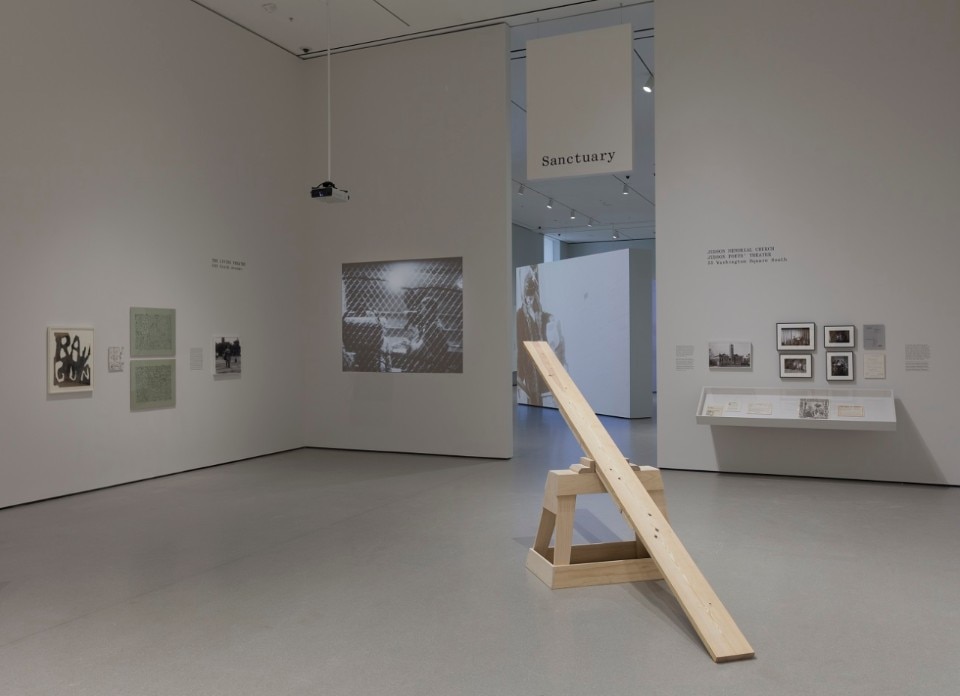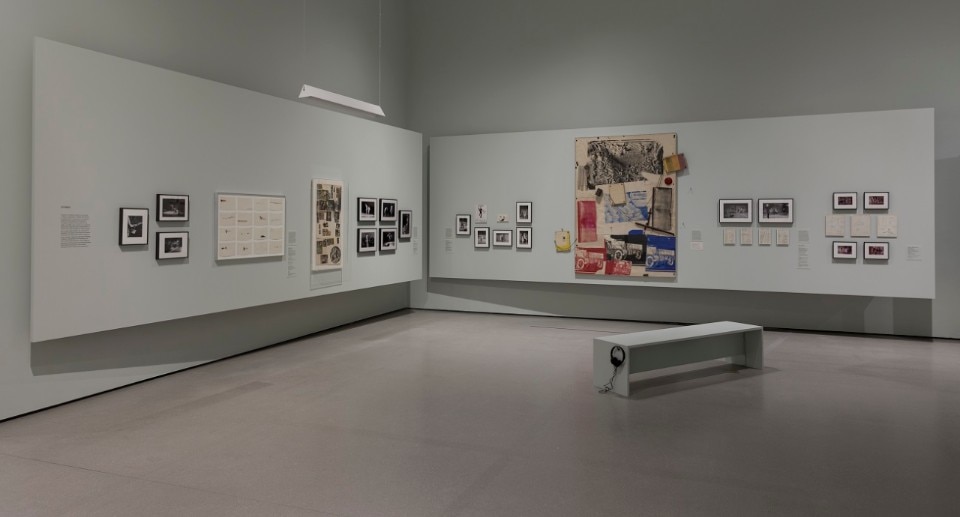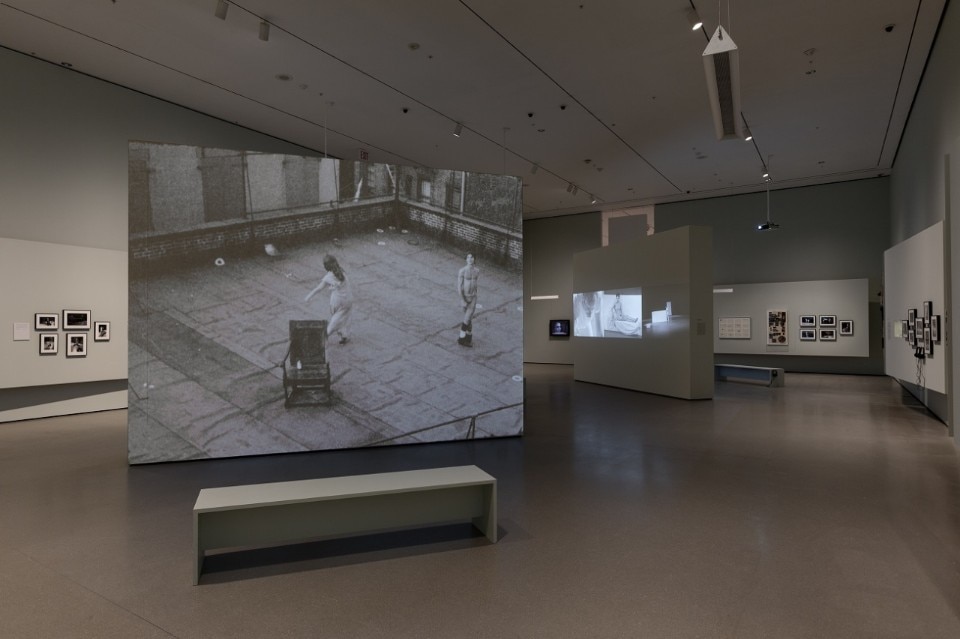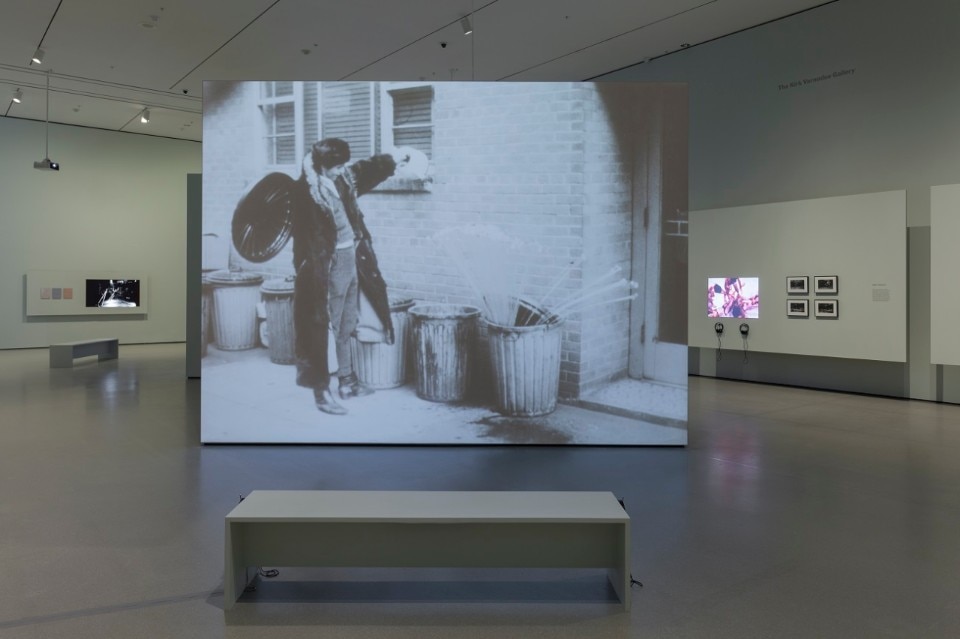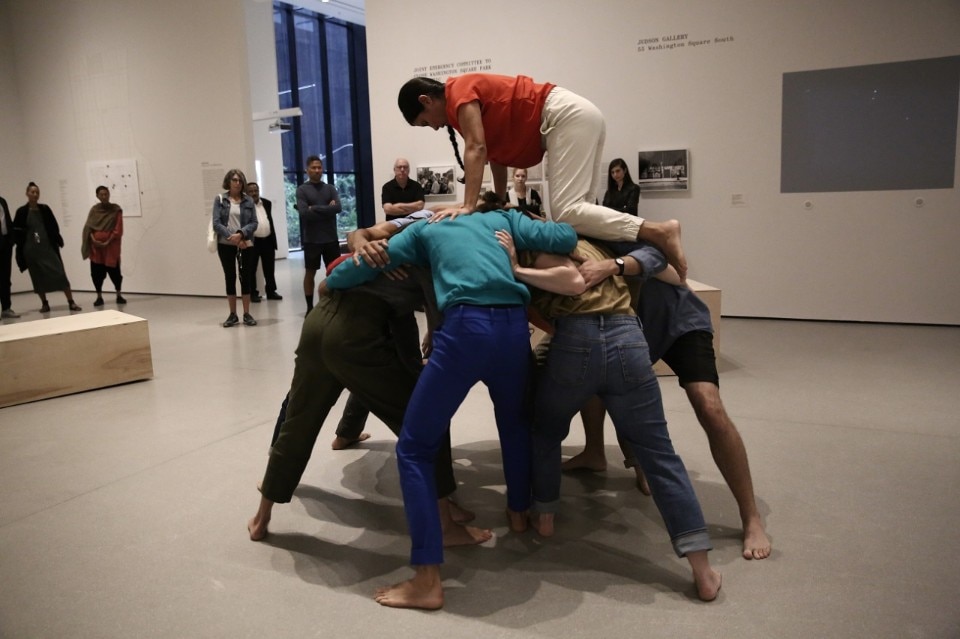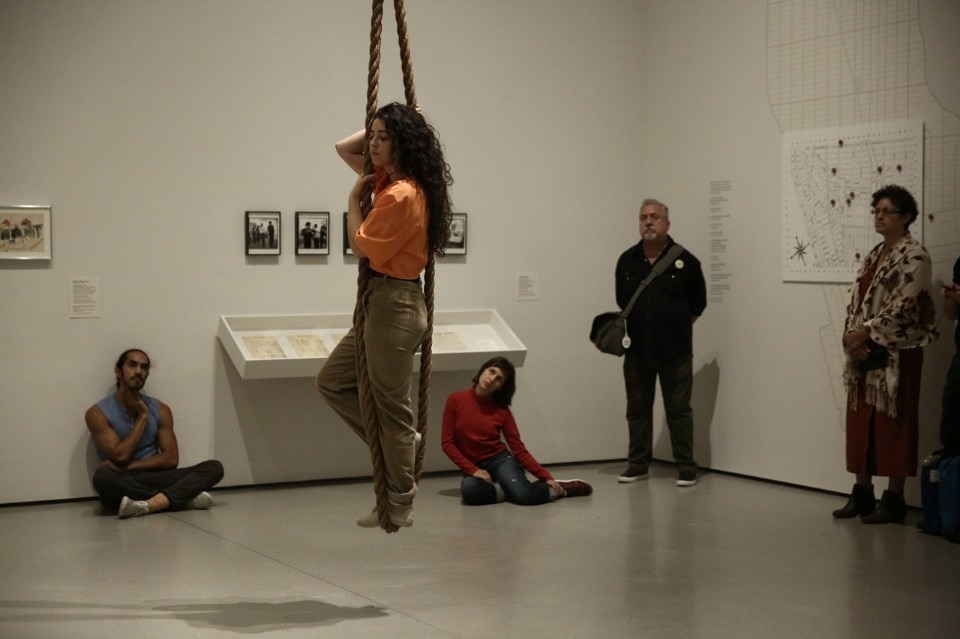At the Museum of Modern Art in New York, Trisha Brown, Lucinda Childs, David Gordon, Robert Morris, Yvonne Rainer, Robert Rauschenberg and Carolee Schneemann represents just a shortlist of representatives, of creators encompassed by “Judson Dance Theater: The Work Is Never Done”. Quoting a phrase used by choreographer Steve Paxton, the exhibition reflects both the Judson group’s spirit of experimentation and the ongoing importance of their work today. Drawing its name from the Judson Memorial Church, a socially engaged Protestant congregation in New York’s Greenwich Village, the theater was organized in 1962 as a series of open workshops from which its participants developed performances. The Judson artists went on to profoundly shape all fields of art in the second half of the 20th century, reformulating unconventional composition methods to strip dance of its theatrical conventions, incorporating ordinary and more spontaneous movements into their work. “The Work Is Never Done” is organised into five galleries: the performance program in the Marron Atrium; 3 Dances: What Is a Dance?; Workshops; Downtown: Sites of Collaboration; and Sanctuary: Judson Dance Theater.
Exhibitions, acquisitions, and live programs allows the Department of Media and Performance Art cto be ommitted to considering how history is felt, sensed, and perceived, so as to place the past within its larger social context. The exhibition attempts to account for the way the history of live work is mediated by the passage of time through retrospection, archival material, and oral history, including excerpts from interviews with several authors. Moreover, the exhibition includes a robust performance program, alongside photography, film, and scores. In the first gallery of the exhibition, Gene Friedman’s film 3 Dances (1964) attempts to answer the question, “What is a dance?” by presenting various forms of movement that newly counted as dance in the early 1960s.
On view also the video of Lucinda Childs’s Carnation (1964), in which she introduces everyday objects like sponges, hair curlers, and a colander with great care, enhancing the contrast between her cool demeanor and the absurdity of her actions in a kind of slapstick. Other Judson Dance Theater's activities are represented in a specific section through series of photographs but also through a slideshow of the entire evenings of Concerts of Dance #3 and #13, arranged in sequence.
Moreover, in addition to live performances, in the Marron Atrium, a video compilation designed by artist Charles Atlas highlights historical material related to the respective featured artists. Editing material from both Judson and the post-Judson era, Atlas includes both individual and group pieces, emphasizing the relationship of the soloist to the ensemble and picturing how Judson Dance Theater influenced the future careers of this group of artists. Atlas has also collaborated with Trisha Brown Dance Company’s former archivist, Cori Olinghouse, to create an installation,during the weeks dedicated to Trisha Brown, that highlights Brown’s trajectory from Judson’s time to her later works.
- Exhibition title:
- Judson Dance Theater: The Work Is Never Done
- Opening dates:
- 16 September 2018 – 3 February 2019
- Organised by:
- Ana Janevski and Thomas J. Lax with Martha Joseph
- Venue:
- MoMA – Museum of Modern Art
- Address:
- 11 West 53 Street, New York


